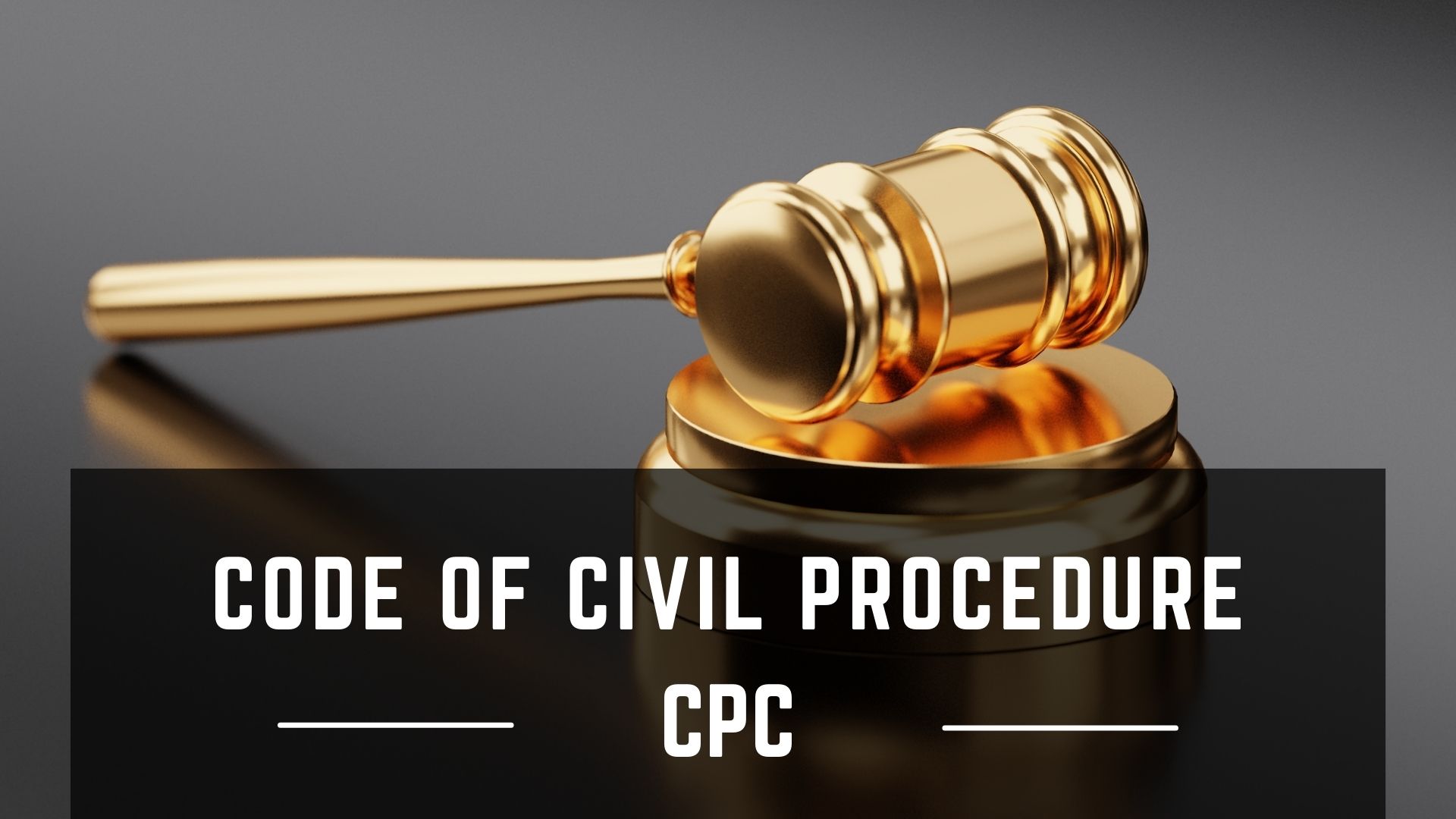As a BA LLB student, you already know that the Civil Procedure Code (CPC) is the backbone of the Indian legal system, especially when it comes to civil litigation. Recent CPC amendments in 2023 and 2024 have impacted various procedural aspects. Understanding these changes in the CPC and keeping up with the Indian law updates is crucial for aspiring lawyers.
In this blog, we will focus on CPC amendments 2023 as well as CPC amendments 2024.
Understanding the Civil Procedure Code (CPC)

As mentioned above, the Civil Procedure Code (CPC) is a comprehensive statute that outlines the procedures and guidelines for the administration of civil cases in India. In India, civil cases cover a wide range of disputes between individuals, organisations, or the government. For example:
- Property Disputes, such as disagreements over ownership, boundaries, inheritance, or tenancy of land or buildings.
- Contract Disputes, which arise when one party fails to fulfil their obligations under a contract.
- Family Disputes, such as issues related to divorce, child custody, alimony, adoption, and inheritance within families.
- Consumer Disputes, which involve complaints against businesses for defective products, unfair trade practices, or misleading advertising.
- Tort Cases, which are about issues like negligence, defamation, or nuisance that cause harm to another person or their property.
- Labour Disputes, which deal with like wages, working conditions, or unfair dismissal of employees.
- Intellectual Property Disputes, which involve disputes over patents, copyrights, trademarks, or trade secrets.
CPC provides a structured process for the courts to follow for civil litigations ensuring that there’s uniformity and consistency in the way they are handled throughout India. Civil proceedings, including the filing of suits, service of summons, and the execution of decrees, are all governed by CPC.
The Civil Procedure Code provides a framework to resolve disputes and determines that civil justice is administered fairly and efficiently. At SMS Law College, we help our law students stay updated about the changes in CPC so that they are ready for legal practice once they graduate from their course.
Key CPC Amendments 2023

- Streamlining Case Management: Several CPC amendments in 2023 aim to expedite the disposal of cases. These include provisions for e-filing, virtual hearings, and stricter timelines for different stages of litigation.
- Alternative Dispute Resolution (ADR): The 2023 changes in CPC emphasise the use of mediation and conciliation as viable alternatives to traditional court proceedings. This aligns with the global trend of promoting ADR for quicker and less adversarial resolution of disputes.
- Strengthening Enforcement Mechanisms: The amended CPC provides for more robust measures to ensure the execution of court decrees. This is a crucial step towards making justice not just accessible but also effective.
- Introduction of ‘Summary Judgment’: This provision allows for the swift disposal of cases where there is no genuine dispute of facts. This is a significant step towards reducing the backlog of cases and ensuring timely justice.
- Expansion of the Scope of ‘Inherent Powers’: Courts now have greater discretion to pass orders necessary for the ends of justice. This could lead to more innovative and context-specific solutions in complex cases.
- Changes in Rules Relating to Appeals: The Indian law updates last year related to CPC introduced stricter timelines and criteria for filing appeals. These were intended to discourage frivolous litigation and promote the finality of judgments.
Noteworthy CPC Amendments 2024 (Till Now)

Building on the momentum of the 2023 amendments, the CPC amendments of 2024 continue the trajectory of modernising India’s civil justice system. These amendments primarily focus on technological integration, dispute resolution mechanisms, and enhancing efficiency in court proceedings.
Here are some of the latest CPC amendment 2024 you need to know:
- Video Conferencing for Recording Evidence: The use of video conferencing for recording evidence of witnesses residing outside India is now permissible. This is a significant step towards making the justice system more accessible to parties involved in cross-border litigation.
- Expansion of Lok Adalat Jurisdiction: The jurisdiction of Lok Adalats has been expanded to include cases related to motor accident claims, cheque dishonour, and pre-litigation disputes. This is aimed at providing an accessible and affordable platform for resolving common legal issues.
- Provision for E-Filing of Documents: The provision for electronic filing of documents has been expanded to include all types of pleadings and applications. This is a major step towards digitisation of court processes and reducing the reliance on paper-based documentation.
By embracing technology, these amendments seek to enhance efficiency, reduce delays, and make the justice system more accessible to all.
Changes in CPC and Their Impact on Legal Practice

The CPC amendments 2023 ushered in a wave of modernisation, prioritising efficiency and accessibility. As e-filing, virtual hearings, and stricter timelines have become the new norm, legal practitioners need to be more tech-savvy. Similarly, the emphasis on Alternative Dispute Resolution (ADR) mechanisms like mediation and conciliation opens up avenues for specialised legal practice in these areas.
The CPC amendments 2024 also focus on the technological integration of legal procedures. Video conferencing for recording evidence, expansion of e-filing, and the broader scope of Lok Adalats are set to revolutionise the way legal proceedings are conducted.
We advise our BA LLB students to:
- Stay Updated: Regularly read legal journals, blogs, and attend webinars to keep abreast of the latest Indian law updates.
- Practical Training: Engage in internships and moot courts to understand the practical implications of changes in CPC.
- Continued Learning: Enrol in courses focusing on recent changes in CPC and other laws to prepare for future practice.
By staying informed and adaptable, law students can effectively navigate the evolving landscape of the Civil Procedure Code and excel in their legal careers.





